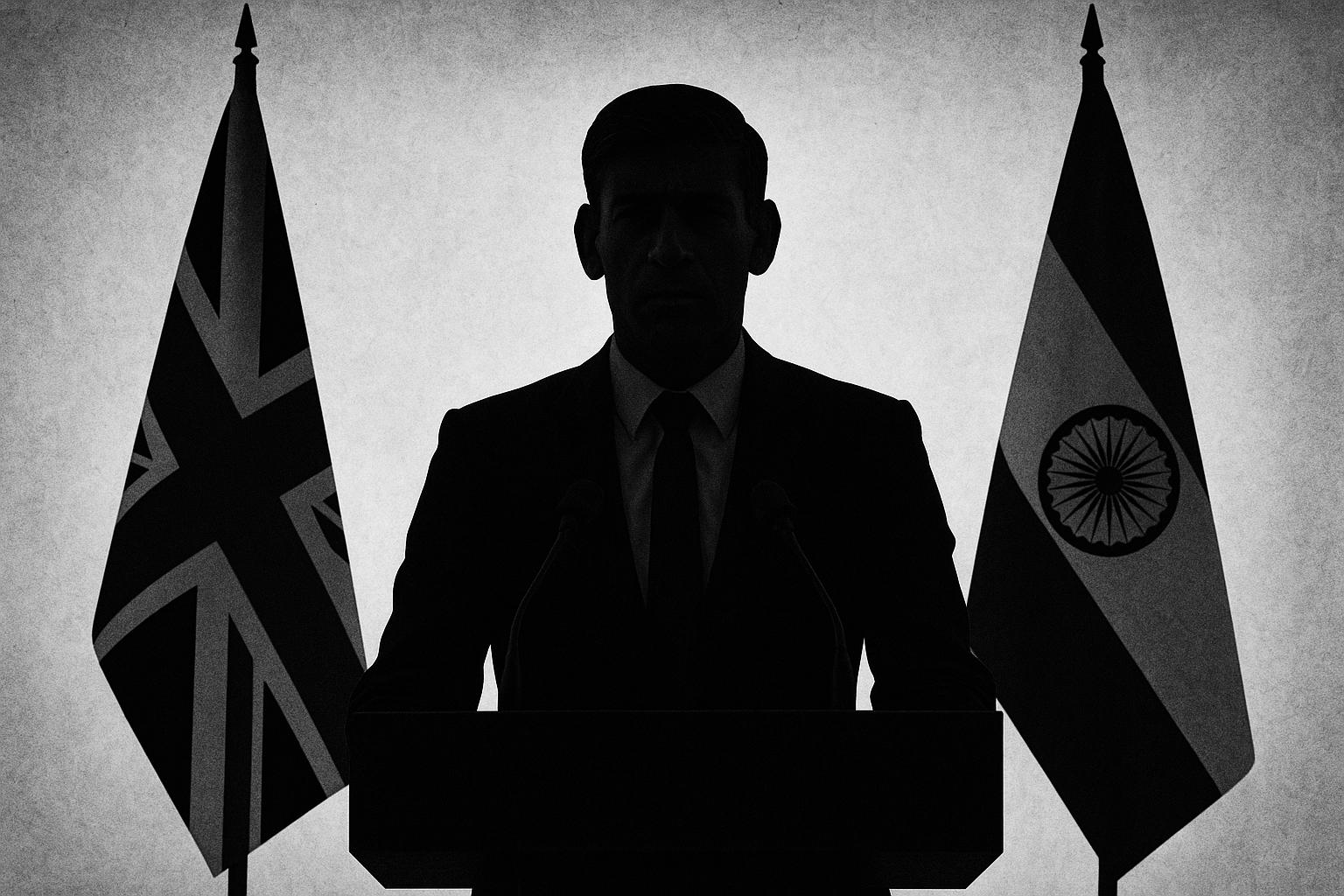UK Prime Minister Sir Keir Starmer has made clear that the UK will not relax visa rules for Indian workers or students, despite his ongoing visit to India aimed at promoting the recently signed UK-India trade deal. Leading a delegation of over 100 business and cultural leaders, Starmer seeks to boost investment and strengthen economic ties between the two countries, but emphasised that visa liberalisation is “not part of the plan.”
Starmer stressed that the focus remains firmly on business-to-business engagement, investment, and job creation within the UK, key components he deems essential for prosperity. Speaking en route to Mumbai, he reiterated there are no plans to open new visa pathways for Indian tech entrepreneurs or highly skilled workers, despite pressure from the business sector and changes in the US visa regime under former President Donald Trump. Starmer underlined a broader UK ambition to attract “top talent” globally, but without creating specific visa routes targeted at India.
The UK’s trade agreement with India, finalised in July after years of negotiation, aims to increase bilateral trade by reducing tariffs on goods including British cars and whisky, and Indian textiles and jewellery. The deal includes a three-year exemption on national insurance contributions for Indian employees temporarily seconded to the UK, a concession that had been a contentious issue during talks. Officials project that, by 2040, the agreement will increase annual bilateral trade by £25.5 billion, boost the UK’s GDP by £4.8 billion, and raise wages by £2.2 billion.
Despite earlier concerns that visa restrictions had stalled trade discussions, ministers now insist that immigration policy remains distinct from the trade agreement. Starmer’s government continues its policy of immigration control, as reflected in recent announcements of tougher rules on settlement rights. On the issue of deportations, Starmer indicated that agreements with India on returning nationals pose “no issue” and that broader policies linking visa privileges to countries’ cooperation on deportations are being considered.
This stance reflects the Labour government’s commitment to managing immigration levels while pursuing economic growth through trade and investment rather than migration. Starmer’s approach contrasts with the more open visa policies of other nations and signals a prioritisation of business and investment flows over easing immigration routes for Indian professionals.
Overall, while Starmer’s visit aims to capitalise on the landmark economic relationship formalised by the free trade deal, his refusal to relax visa rules highlights the delicate balance his administration seeks between economic ambition and immigration control.
📌 Reference Map:
- Paragraph 1 – [1], [2], [3], [4], [5]
- Paragraph 2 – [1], [2], [3], [4]
- Paragraph 3 – [1], [6]
- Paragraph 4 – [1], [2], [3], [4], [5]
- Paragraph 5 – [1], [2], [4], [5]
Source: Noah Wire Services
